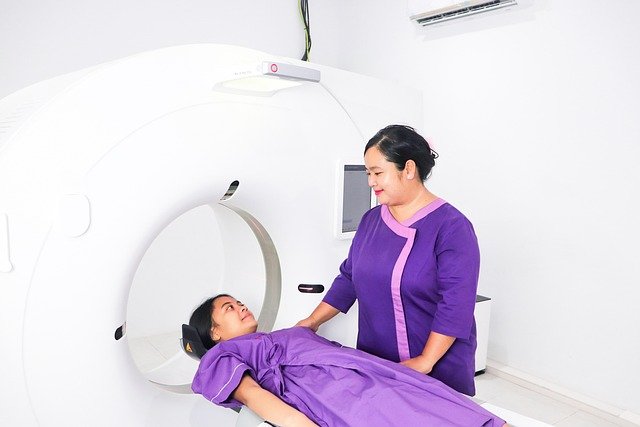Navigating the Sperm Donation Journey in India
Explore the world of sperm donation in India, a crucial component of assisted reproductive technologies. This comprehensive guide illuminates the process, eligibility criteria, and societal impact, offering valuable insights for potential donors and recipients alike. Discover how this selfless act contributes to fulfilling dreams of parenthood across the nation.

The Essence of Sperm Donation in India’s Reproductive Landscape
Sperm donation stands as a cornerstone in India’s assisted reproductive technologies, offering hope to countless individuals and couples grappling with fertility challenges. This altruistic act enables the creation of families for those who might otherwise face insurmountable obstacles in their quest for parenthood.
Decoding Sperm Donation: A Vital Medical Service
At its core, sperm donation involves the voluntary provision of male gametes to aid in conception. This process serves a diverse array of recipients, including:
- Couples battling male factor infertility
- Single women pursuing motherhood
- Same-sex couples desiring biological children
The donated specimens undergo rigorous scrutiny and processing before their utilization in various assisted reproductive procedures, such as intrauterine insemination (IUI) or in-vitro fertilization (IVF).
Eligibility Criteria for Sperm Donors in India
Indian fertility clinics and sperm banks adhere to stringent guidelines when selecting donors. Typical requirements include:
- Age bracket: Generally between 21-45 years
- Optimal physical and mental health
- Absence of genetic disorders or hereditary conditions
- Educational background: Preferably graduate level or higher
- Willingness to undergo comprehensive medical evaluation
- Ability to provide detailed family medical history
- Commitment to regular donations as per clinic schedules
The Journey of a Sperm Donor: From Application to Contribution
The donation process in India typically unfolds as follows:
- Initial screening and application review
- Thorough physical examination
- Genetic profiling
- Infectious disease screening
- Semen analysis for quality assessment
- Multiple donation sessions
- Mandatory quarantine period for samples
- Final testing before release for use
Comprehensive Medical Evaluation for Donors
Prospective donors in India undergo an extensive battery of tests, including:
- Blood group and Rh factor determination
- Screening for sexually transmitted infections
- Genetic carrier status assessment
- Psychological evaluation
- Substance abuse screening
- Detailed semen quality analysis
- Karyotype analysis for chromosomal abnormalities
The Multifaceted Impact of Sperm Donation
While monetary compensation for sperm donation is prohibited in India as per the Assisted Reproductive Technology (Regulation) Act, 2021, donors can experience various non-financial benefits:
- The profound satisfaction of helping create families
- Access to comprehensive health screenings
- Valuable genetic information about oneself
- Flexible donation schedules to accommodate personal commitments
Legal and Ethical Considerations in India
It’s crucial to note that the commercialization of sperm donation is strictly regulated in India. The focus is on the altruistic aspect of the act, with donors participating out of a desire to help others rather than for financial gain.
Conclusion: A Noble Contribution to Reproductive Medicine
Sperm donation plays an indispensable role in India’s reproductive healthcare landscape. While financial incentives are not a part of the equation, the opportunity to profoundly impact the lives of aspiring parents remains the most significant reward. This selfless act continues to be a beacon of hope for many on their journey to parenthood.
Disclaimer: This article is intended for informational purposes only and should not be construed as medical advice. For personalized guidance and treatment, please consult with a qualified healthcare professional or a registered assisted reproductive technology (ART) clinic in India.




